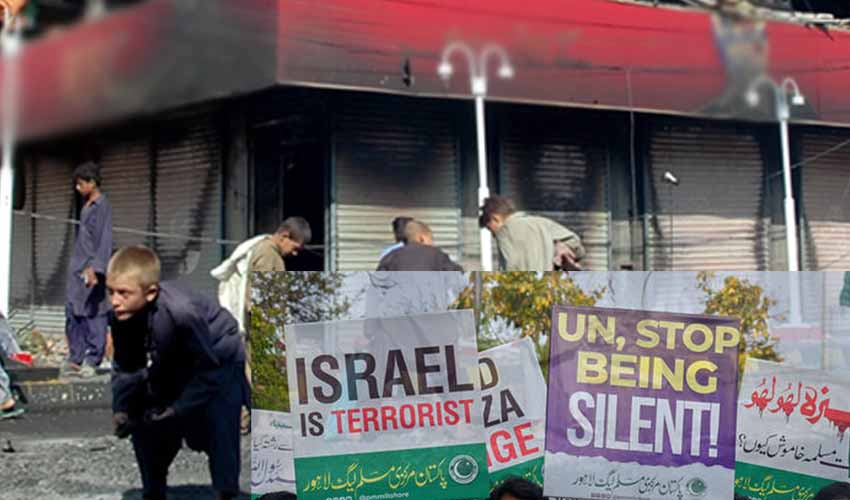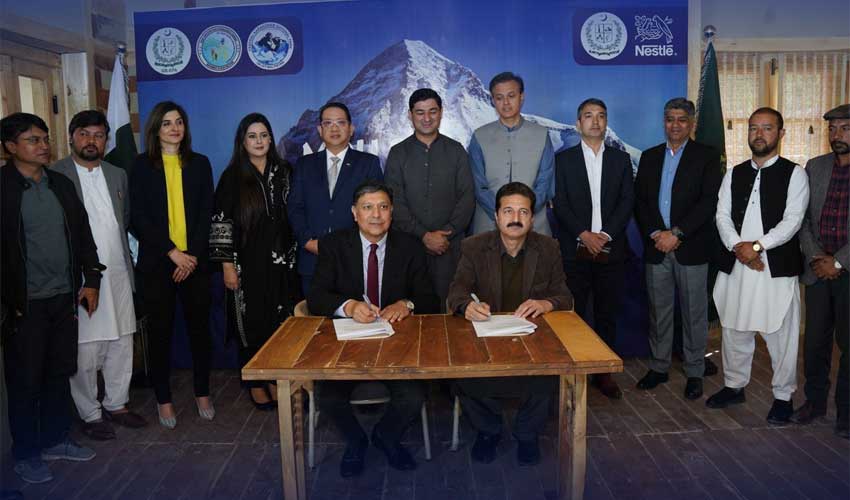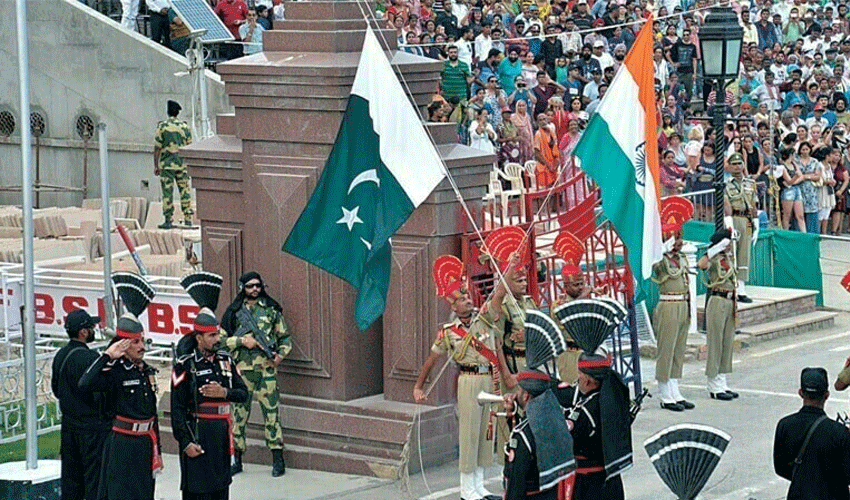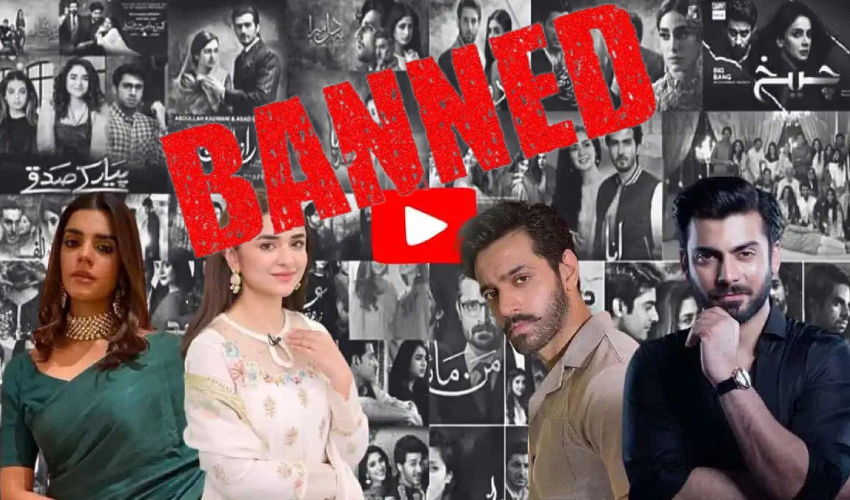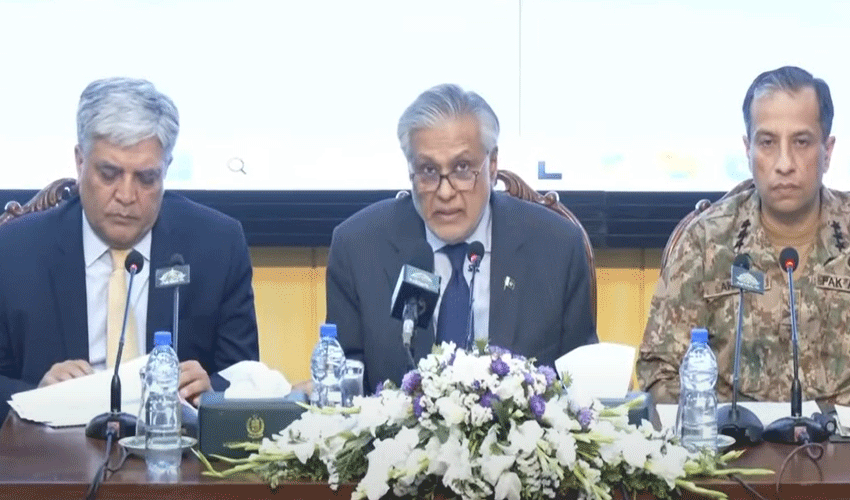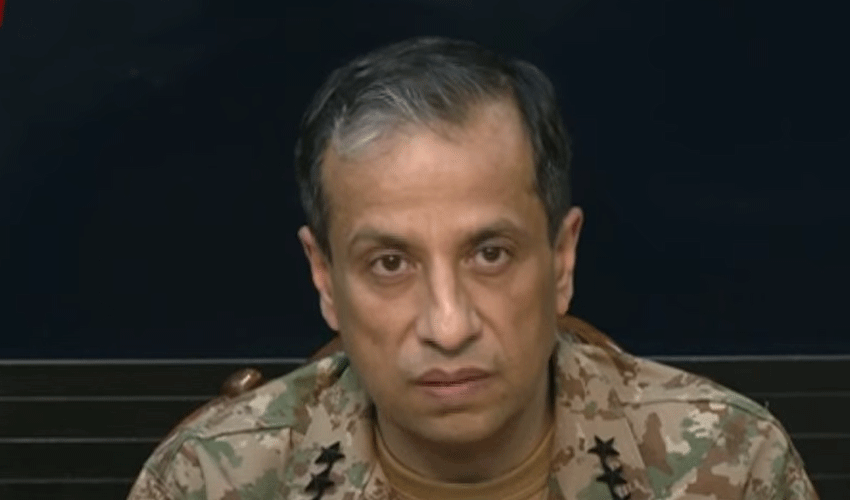Honestly? Every time my phone lights up with news from Gaza – another shattered home, another face frozen in grief – I feel this sickening lurch in my stomach. It’s that knot, isn't it? That messy tangle of pure sorrow, maddening helplessness, and a simmering rage. Seeing people go through that, especially watching from here in Pakistan where we feel such a deep connection, it just ignites this desperate urge to act. You want to somehow reach across the distance, show you stand with them, scream out against the sheer injustice of it all. And let's be real, feeling that fire? That's just being human when faced with something so terribly wrong.
Yet, recent events closer to home compel us to pause and reflect. When reports surface of attacks on local fast-food outlets – businesses often owned and staffed entirely by fellow Pakistanis – or more unsettling still, tales of families feeling threatened merely for appearing 'Westernized', we must ask ourselves a difficult, perhaps uncomfortable, question: Is this truly helping the Palestinian cause? Does lashing out within our own communities achieve anything beyond expressing undirected rage?
The frustration is undeniable. The impulse to target symbols, however tenuously linked to nations perceived as enabling the violence in Palestine, springs from a genuine place of hurt and empathy. But let's be candid: damaging a local fried chicken shop, one providing livelihoods for Pakistanis and serving Pakistanis, doesn't shift policy in Washington or Tel Aviv by one iota. It doesn't intercept a single missile aimed at Rafah or deliver a crust of bread to a starving child.
Who bears the brunt of such actions? It’s the local franchisee struggling to stay afloat. It’s the Pakistani employees facing potential job losses. It fosters fear and division right here, on our streets. It’s an act born of desperation, perhaps, but it’s a salvo fired wildly off target, achieving little more than self-inflicted wounds.
And when this anger metastasizes into the harassment or intimidation of individuals within our own society – based on their attire, their travels, or prejudiced assumptions – it takes a particularly distasteful turn. This isn't championing justice; it's victimizing our Neighbours. It swaps solidarity for suspicion, community cohesion for communal anxiety. How can we credibly campaign for human rights and dignity for Palestinians if we trample upon those very principles on our own doorstep? The logic simply doesn't hold. Meaningful support – the sort that might actually make a difference – must surely look different. This deep wellspring of empathy needs channeling into constructive avenues, not dissipating in destructive, ultimately futile, outbursts.
So, if smashing windows isn't the answer, what is? What constitutes responsible, effective solidarity?
First, let us focus on the immediate, desperate needs. Numerous courageous aid organizations are battling immense challenges on the ground. Identifying reputable charities and funneling donations – financial contributions, essential supplies, whatever we can reasonably provide – offers tangible, life-sustaining support. This is practical assistance, not empty symbolism.
If we want to use money pressure, let’s be smart about where we aim it. Just smashing up whatever shop feels vaguely connected is missing the point. Instead, maybe we should look into supporting focused efforts already happening, like the BDS movement (Boycott, Divestment, Sanctions)
Second, we must use our voices wisely. Engage in informed discussion, share verified information (and actively counter disinformation). So, let's actually talk to the people we voted for. Tell them straight: we expect them to push for fairness under international rules, to really work for a peace that will actually hold. And let's show up – join the peaceful marches, share the real stories online and with neighbors. That way, we keep everyone's eyes on what's truly happening to people in Palestine and the solutions that could actually help, instead of just causing disruption on our own streets. Knowledge, sustained advocacy, and clear communication are formidable instruments.
Third, if we want to use money pressure, let’s be smart about where we aim it. Just smashing up whatever shop feels vaguely connected is missing the point. Instead, maybe we should look into supporting focused efforts already happening, like the BDS movement (Boycott, Divestment, Sanctions). They actually target the specific companies proven to be helping the occupation or breaking international rules. That way, the pressure goes where it might actually make a dent. This requires diligence and commitment, not merely a flash of anger directed at the nearest perceived symbol.
Fourth, and perhaps fundamentally, we must embody the very values we purport to defend. The struggle for Palestinian rights is intrinsically linked to the universal principles of justice, dignity, and humanity. We fatally undermine our advocacy if we abandon these principles in our own conduct. Standing firm against intimidation within our communities, treating others with respect even amidst profound disagreement, and adhering rigorously to peaceful means – these are not signs of weakness. They are demonstrations of the moral clarity and strength this cause demands. Turning on ourselves is not resistance; it is strategically inept and morally corrosive.
The suffering in Palestine is immense, and it rightly demands a response from us. But let that response be guided by intelligent compassion channeled into effective action, not by untamed fury that harms our own society. Damaging local property doesn't build pressure abroad; it merely breaks things here. Intimidating fellow Pakistanis does not liberate Palestine; it only diminishes the freedoms and security within our own nation.
Let's ensure our solidarity is substantive. Let's convert our shared anguish into concrete aid, thoughtful advocacy, and an unwavering commitment to justice and dignity – both for the Palestinians enduring unimaginable hardship, and crucially, in how we conduct ourselves here at home. That is how we can truly honor the cause we claim to support.





